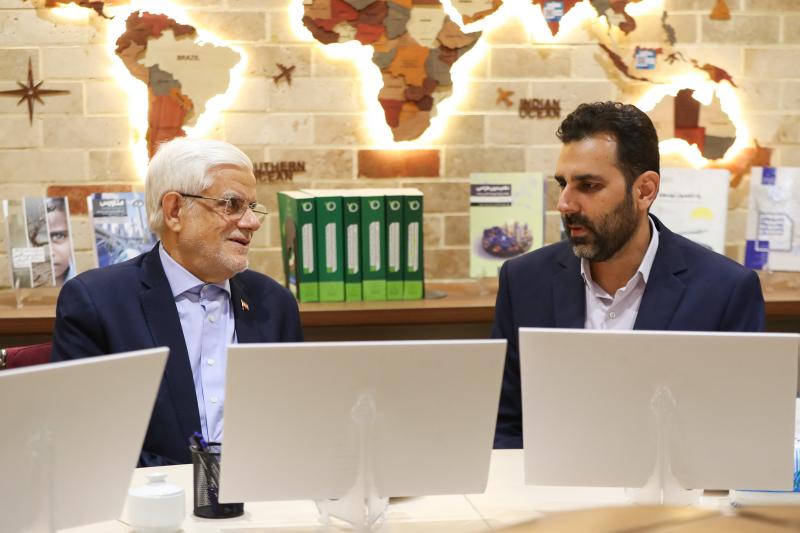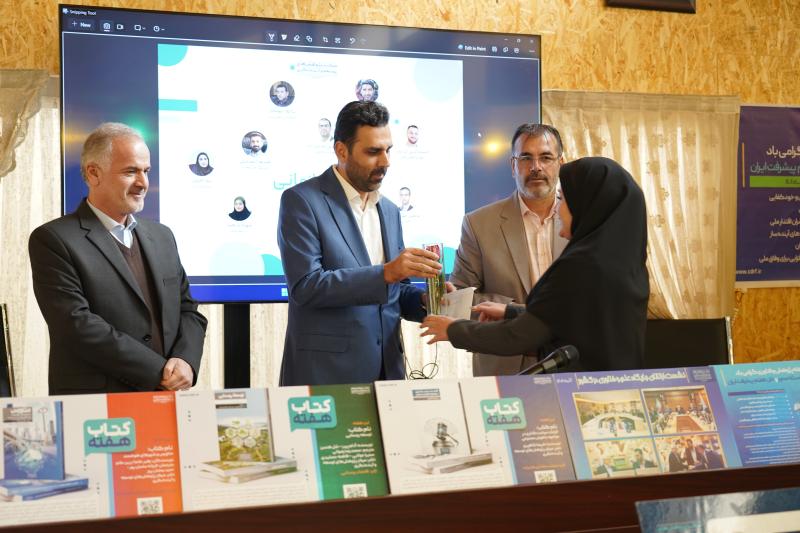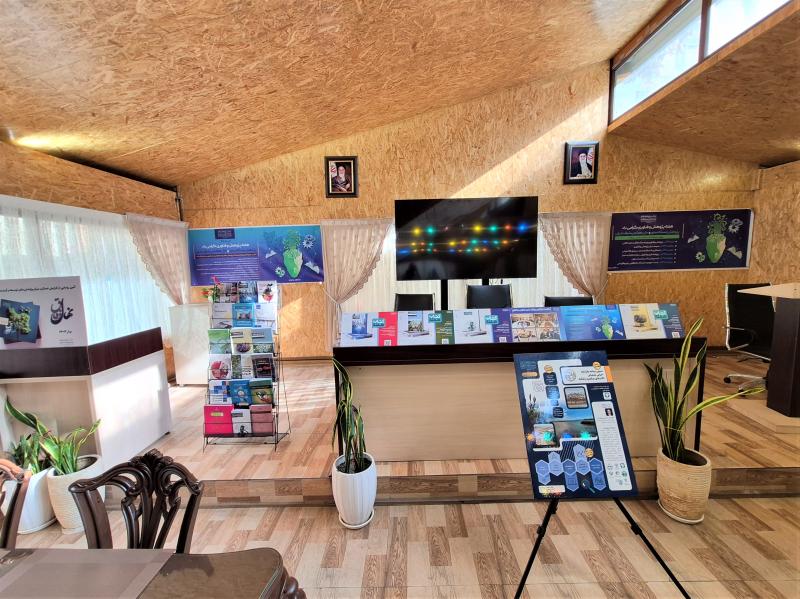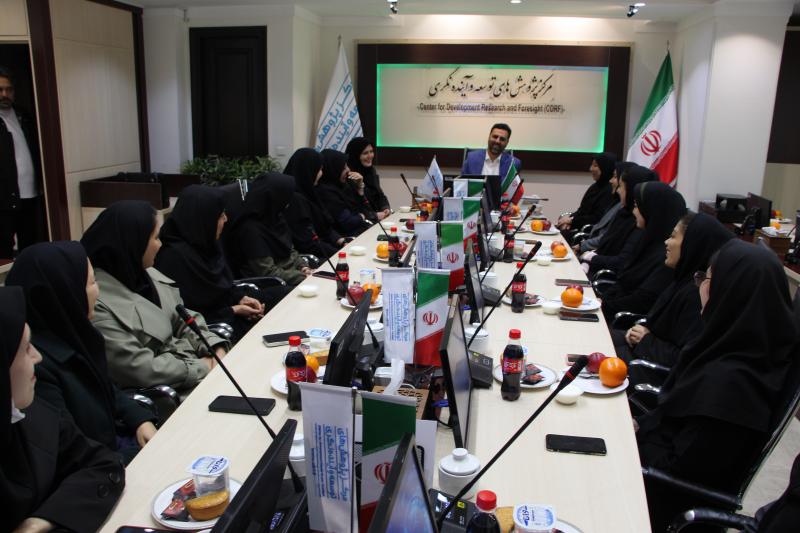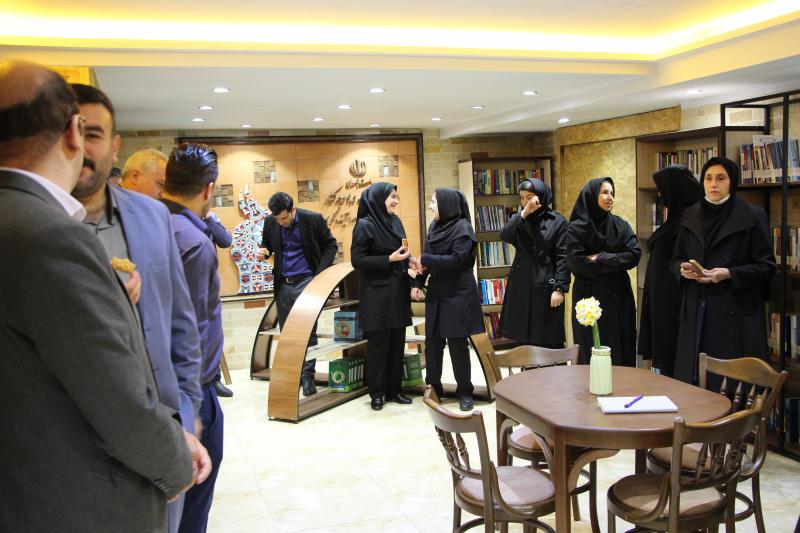
-
بررسی آییننامهها و دستورالعملهای برنامه هفتم پیشرفت
-
بررسی عوامل موثر بر افزایش تصادفات و تلفات جادهای و سوانح رانندگی و دادهکاوی تلفات انسانی
-
سازماندهی و بازآرایی فضایی آموزش عالی کشور
-
به روز رسانی سند ملی آمایش سرزمین
-
انجام مطالعات مناطق آزاد به عنوان نواحی پیشران اقتصادی کشور
-
اصلاح ساختار بودجه و پیاده سازی نظام یکپارچه مدیریت اطلاعات مالی دولت (IFMIS)
کلید واژه : Strategy
تعداد اخبار : 18
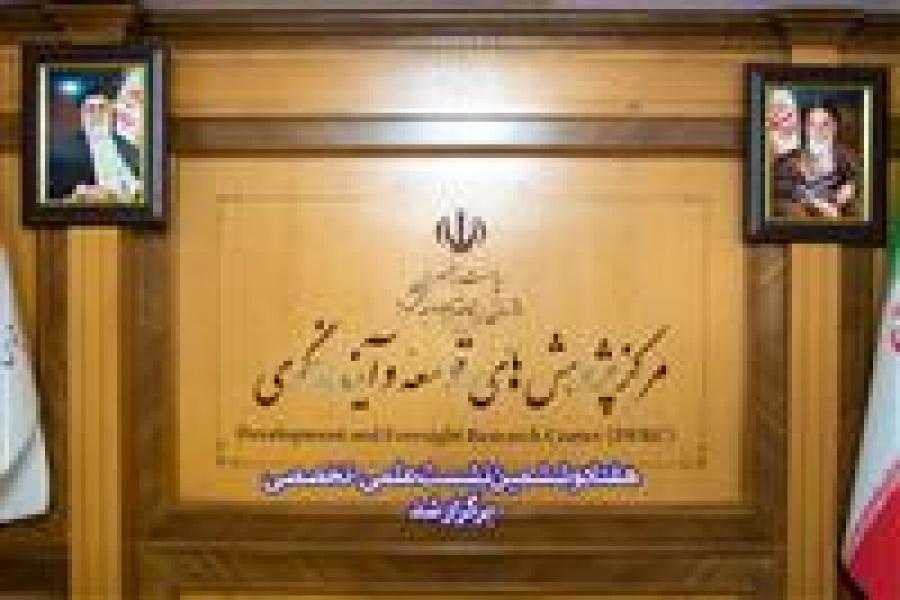
ضرورت تدوین مدل جامع استان ها، سیاستگذاری مقلدانه آفت اصلی نظام برنامه ریزی
به گزارش روابط عمومی مرکز پژوهش­های توسعه و آینده­نگری هفتاد و ششمین نشست علمی-تخصصی با عنوان " چارچوب کلی و جهت­گیری­های کلان برای تحقق رشد اقتصادی پیش بینی شده در استان­ها " برگزار شد. 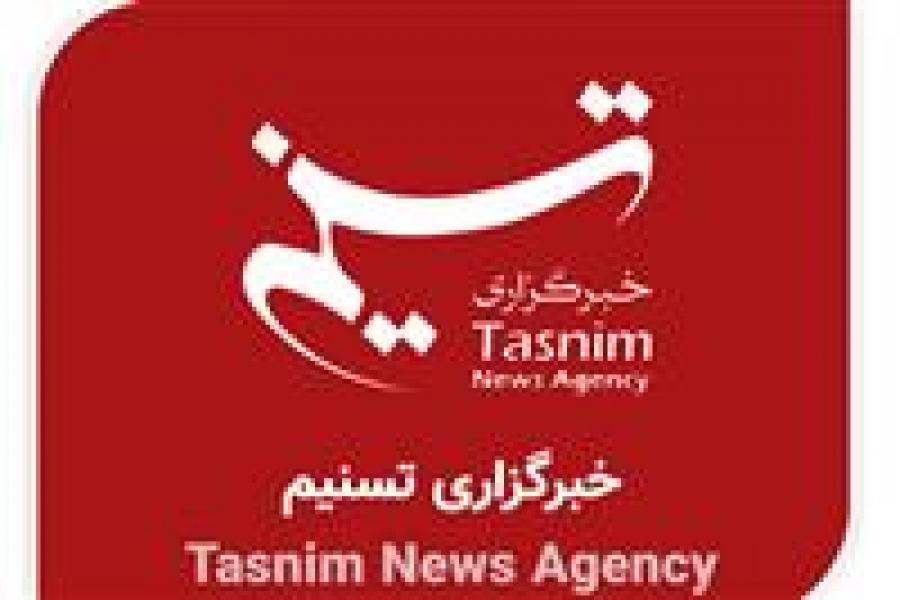
ضرورت تدوین مدل جامع استانها، سیاستگذاری مقلدانه آفت اصلی نظام برنامه‌ریزی/ انتقاد از عدم تصویب صندوق پیشرفت و عدالت در بودجه ۱۴۰۱
به گزارش خبرگزاری تسنیم، هفتاد و ششمین نشست علمی-تخصصی با عنوان " چارچوب کلی و جهت­ گیری­ های کلان برای تحقق رشد اقتصادی پیش بینی شده در استان­ها " برگزار شد. 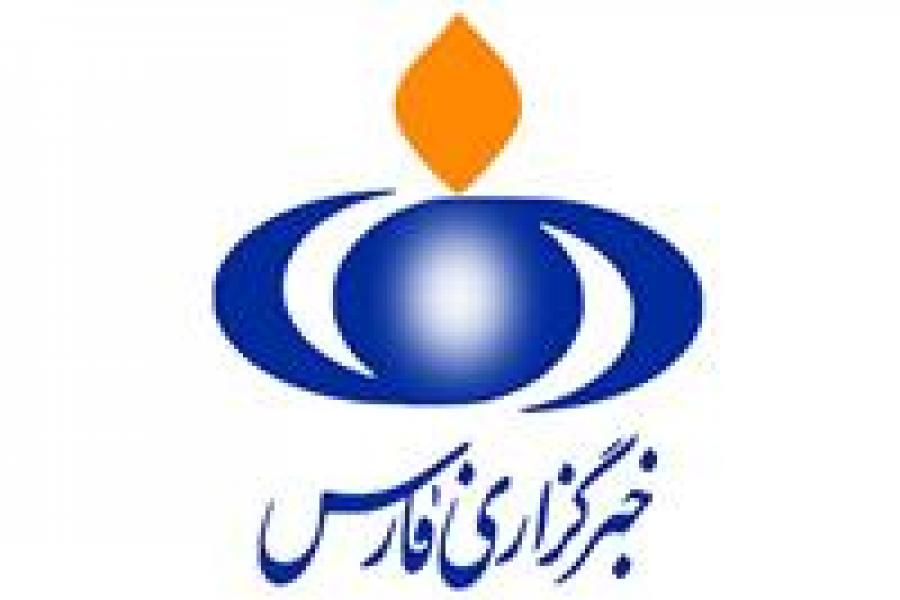
سیاستگذاری مقلدانه آفت اصلی نظام برنامه ریزی است
به گزارش خبرگزاری فارس به نقل از روابط عمومی مرکز پژوهشهای توسعه و آینده نگری هفتاد و ششمین نشست علمی-تخصصی با عنوان « چارچوب کلی و جهت گیریهای کلان برای تحقق رشد اقتصادی پیش بینی شده در استانها» برگزار شد.در این نشست علیرضا نعمتی، رئیس امور استانها و توسعه منطقه ای سازمان برنامه و بودجه کشور به عنوان مدیر علمی همراه با سخنرانی: آقایان امیر خالصی، سرپرست امور اقتصاد کلان سازمان برنامه و بودجه کشور، دکتر فرج اله فتح اله پور کامی، رئیس سازمان مدیریت و برنامه ریزی استان مازندران، جعفر رودری، رئیس سازمان مدیریت و برنامه ریزی استان کرمان به ارائه اقدامات، برنامه ها و دستاورد ها در جهت تحقق اهداف اقتصادی دولت پرداختند.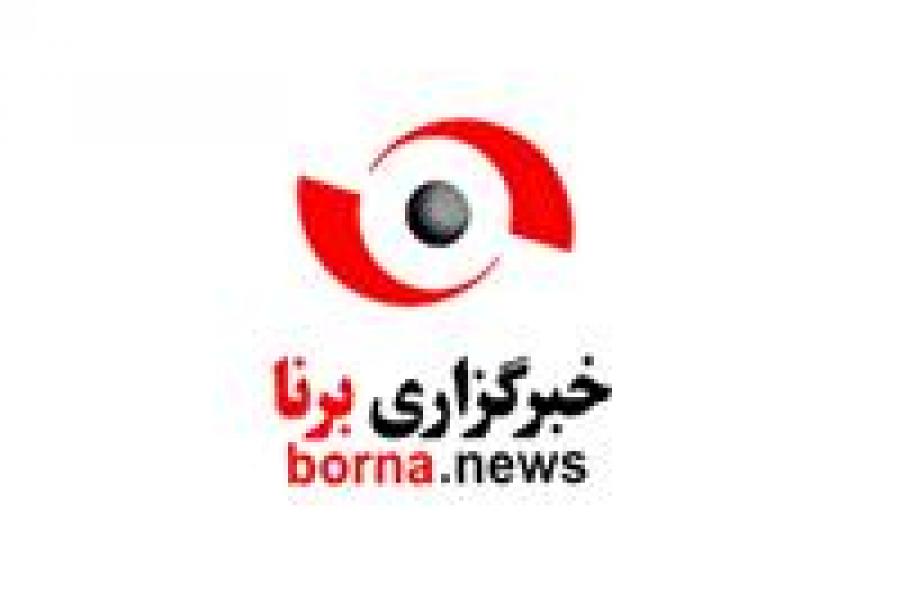
ضرورت تدوین مدل جامع استان‌ها، سیاستگذاری مقلدانه آفت اصلی نظام برنامه‌ریزی
به گزارش برنا به نقل از روابط عمومی مرکز پژوهش‌های توسعه و آینده‌نگری، در این نشست علیرضا نعمتی، رئیس امور استانها و توسعه منطق‌های سازمان برنامه و بودجه کشور به عنوان مدیر علمی همراه با سخنرانی: آقایان امیر خالصی، سرپرست امور اقتصاد کلان سازمان برنامه و بودجه کشور، فرجاله فتحاله‌پور کامی، رئیس سازمان مدیریت و برنامه‌ریزی استان مازندران، جعفر رودری، رئیس سازمان مدیریت و برنامه ریزی استان کرمان به ارائه اقدامات، برنامه‌ها و دستاورد ها در جهت تحقق اهداف اقتصادی دولت پرداختند. .jpg)
Mass housing is the public demand from the government.
The scientific-specialized meeting entitled "Strategies for addressing the Housing Supply Crisis" was held with the presence of Mr. Rouhollah Akbari, Special Assistant to the Minister and Secretary of the Committee of Housing of the Ministry of Roads and Urban Development, as the scientific director, Dr. Mohammad Hossein Sharifzadegan, Professor at Shahid Beheshti University and former Minister of Welfare and Social Security, and Dr. Abolfazl Norouzi, Advisor to the Minister and Director General of the Housing Economy Office of the Ministry of Roads and Urban Development, as speakers.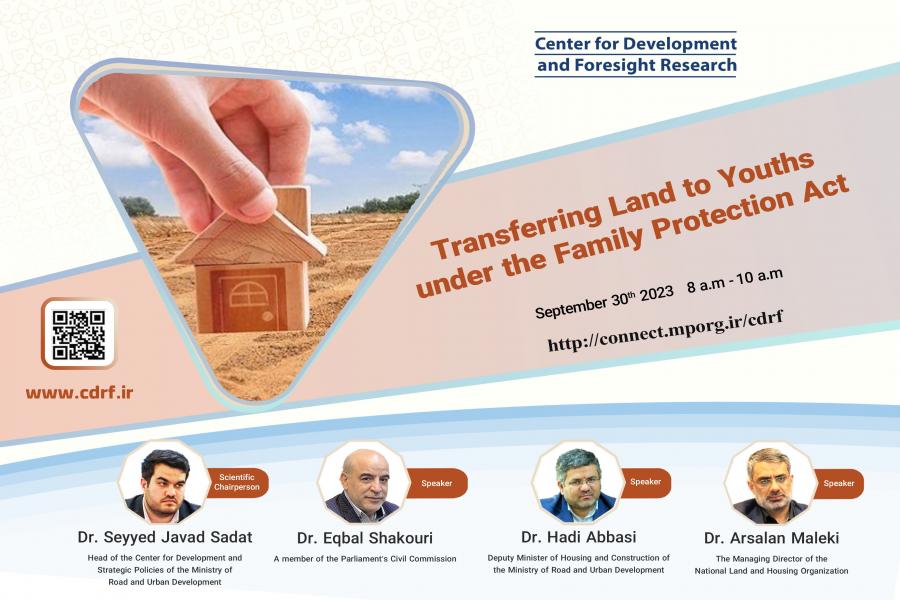
Transferring lands to youths under the Family Protection Act is a positive step in the right direction.
The conference of "Transferring Lands to Youths under the Family Protection Act: Challenges and Policy Recommendations" was held by the participation of notable figures. It is stated that the government is committed to supporting the family and youth population, and the land transfer program is a positive step in the right direction. Also, it is pointed out that it is important to ensure that the program is implemented effectively and efficiently, and that all eligible households are able to benefit from it.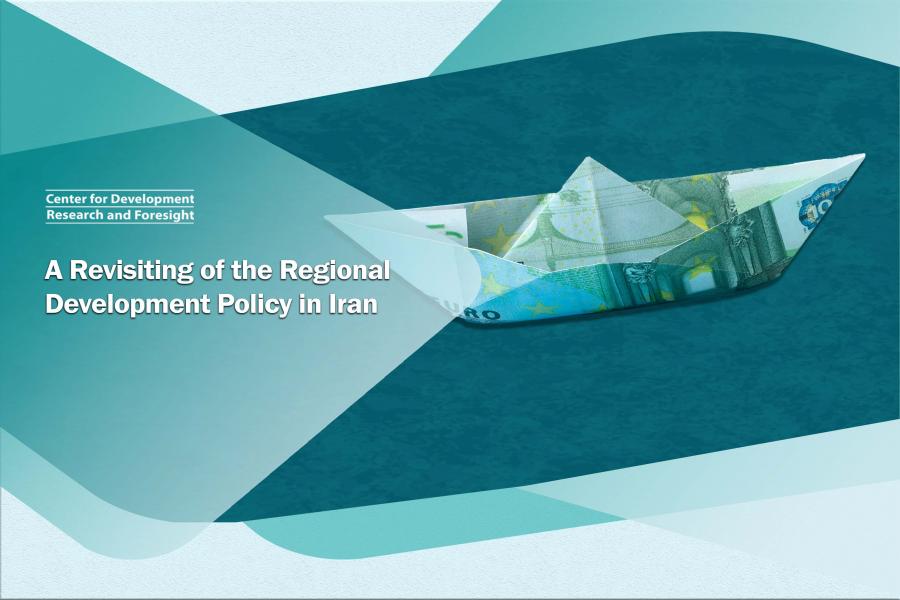
A Revisiting of the Regional Development Policy in Iran
This report elucidates the paradigm shifts pertaining to regional development policies in Iran. These policies have been predicated on two diametrically opposed economic growth strategies: the growth pole strategy, which centralizes investments in central regions, and distribution and redistribution policies, which are fundamentally anchored in principles of social justice.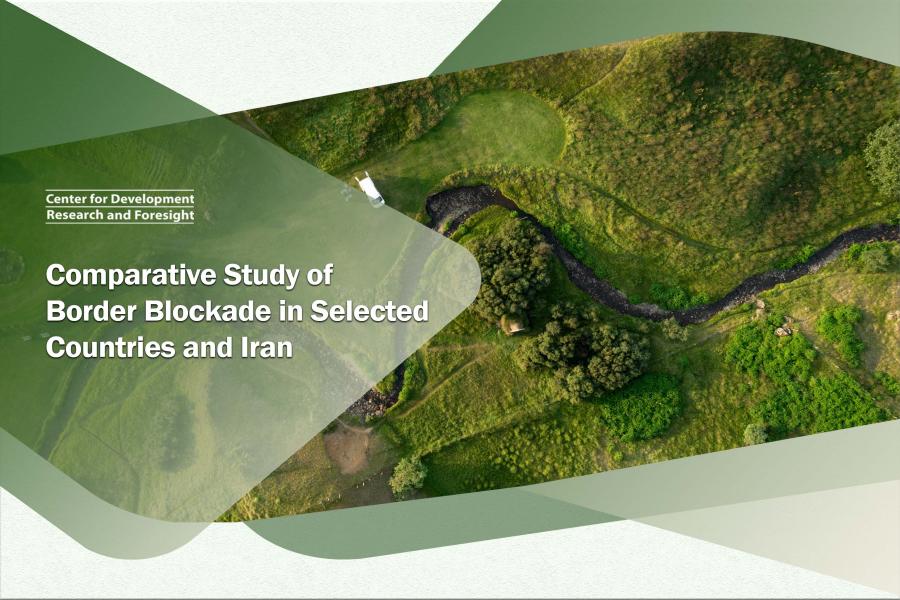
Comparative Study of Border Blockade in Selected Countries and Iran
Managing borders effectively is crucial for many countries, including Iran, which shares land and sea borders with fifteen neighboring countries. Iran's extensive border network makes it one of the most interconnected nations. Half of Iran's provinces are border regions, each with its own distinctive characteristics. Various theories seek to explain the complex relationship between security and development. Some theories advocate for a unified approach, emphasizing the complementary nature of security and development. Conversely, other theories prioritize one over the other, viewing them as separate concepts.
Examining the General Policies of Development Plans After the Islamic Republic of Iran’s Revolution
The systematic examination of the progression of policy content types within developmental plans indicates that policymakers in the field of development have consistently allocated half of their policy guidelines to public policies. This suggests an ongoing effort to address and resolve executive issues and problems within these developmental plans. Furthermore, the temporal increase in the proportion of guiding policies, coupled with a simultaneous decrease in comprehensive policies, demonstrates that when policymakers articulate values, they do so within the framework of policy guidelines or recommendations, alongside executive concepts. The findings reveal that the least favorable status in terms of content pertains to the policy guidelines of the second developmental plan, while the most favorable status is associated with the policy guidelines of the sixth plan.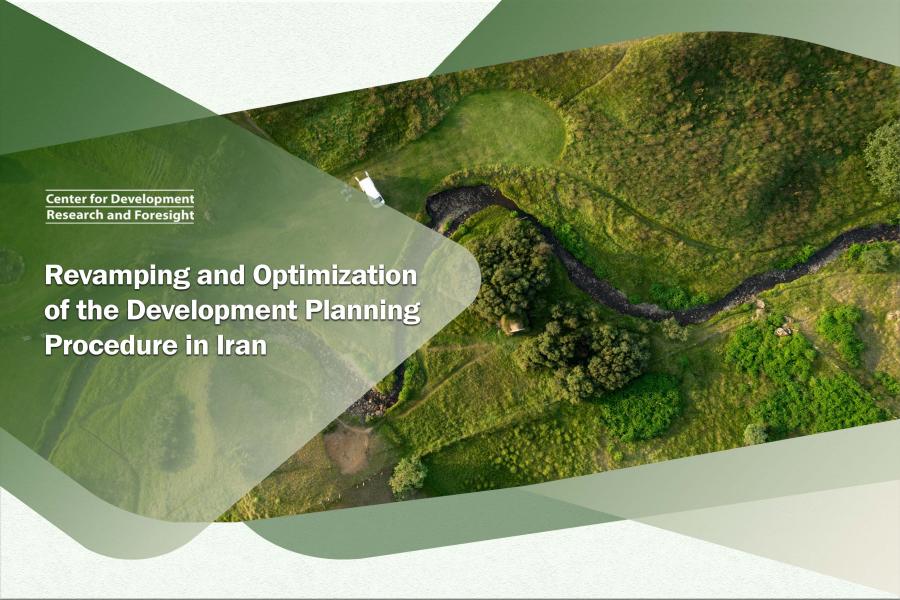
Revamping and Optimization of the Development Planning Procedure in Iran
An evaluation of Iran’s development programs across various periods reveals that most have not achieved the desired outcomes, with some exhibiting a significant performance gap relative to their stated goals. In certain instances, the substantial discrepancy between performance and objectives underscores the failure of planning within the country. Consequently, the shortcomings of planning in Iran have piqued the interest of numerous scholars and academics. The findings of these studies suggest that some plan failures can be attributed to structural deficiencies in the country’s planning system, while others are related to the political and economic issues that govern the formulation and implementation of the plan. In response to these shortcomings, proposals have been put forth to enhance programs within the country. These enhancements include utilizing key cores, rolling planning, or eliminating medium-term plans and focusing on aligning one-year plans with long-term plans.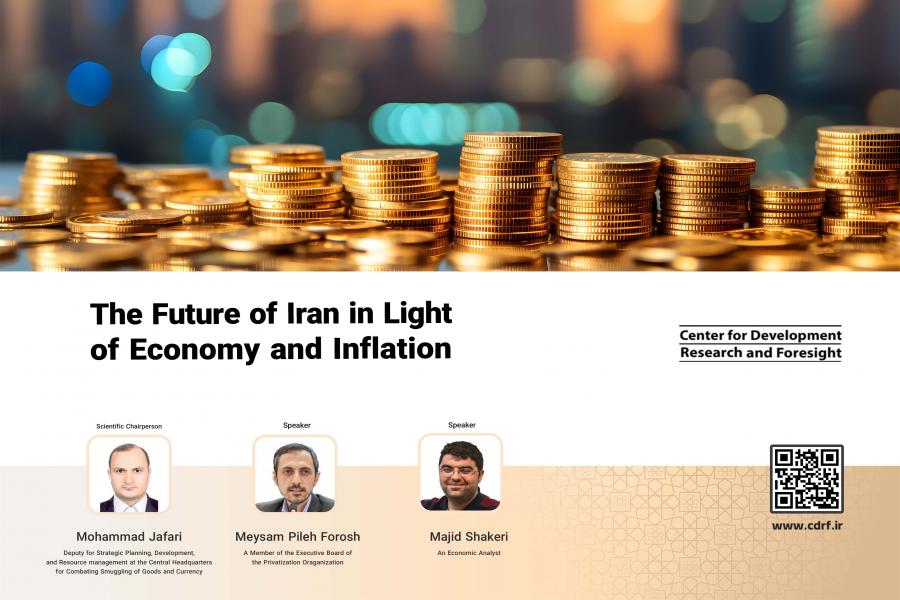
The Future of Iran: From an Economic Perspective
The Center for Development Research and Foresight hosted a pivotal conference titled “The Future of Iran: From an Economic Perspective” with the participation of leading economists and policymakers pointing out the persistent inflation, anemic growth, and deep-seated structural issues.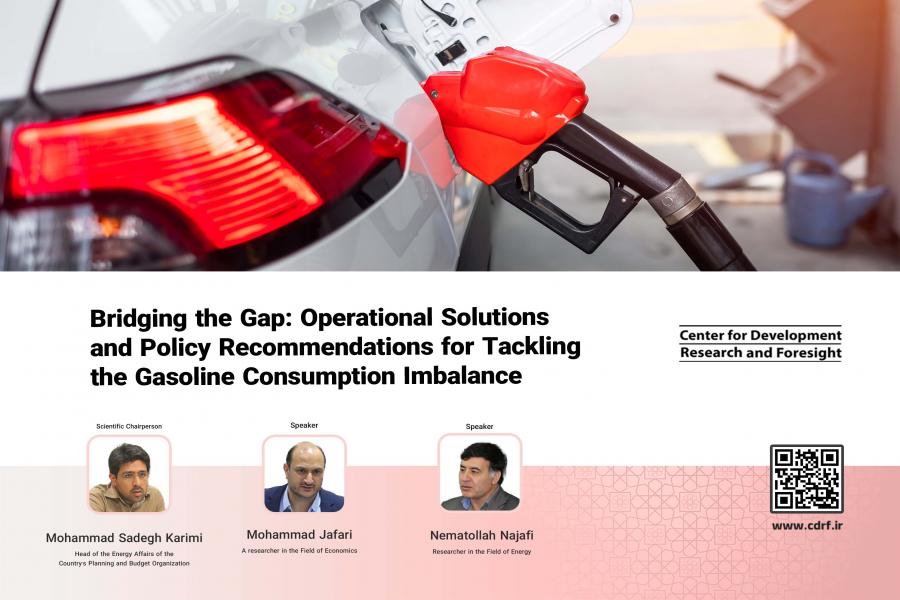
Bridging the Gap: Operational Solutions and Policy Recommendations for Tackling the Gasoline Consumption Imbalance
Iran is facing a growing problem at the pump. The country is burning through gasoline at an alarming rate, and experts are calling for action. In the recent conference titled “Bridging the Gap: Operational Solutions and Policy Recommendations for Tackling the Gasoline Consumption Imbalance” at the Center for Development Research and Foresight, key figures from government and academia discussed a range of solutions to bridge the gap between Iran's fuel consumption and supply..jpg)
SMEs and Strategies to Overcome Barriers: The Role of Strategically-Aligned and Geographically-Proximate Countries
An international meeting held on April 24, 2024, at the Center for Development Research and Foresight, brought together experts to discuss the importance of small and medium-sized enterprises (SMEs) for economic growth and job creation, with a particular focus on the role of strategically-aligned and geographically-proximate countries. The meeting, titled "SMEs and Strategies to Overcome Barriers: The Role of Strategically-Aligned and Geographically-Proximate Countries," was led by Aidin Salamzadeh, the vice dean of the faculty of business management at the University of Tehran, who welcomed professor Galina Shirokova, the director of the Center for Strategic Entrepreneurship at HSE University of Saint Petersburg, Morteza Mohammadi Zanjireh, a faculty member at Imam Khomeini International University, and 17 university professors from St Petersburg University, Moscow State University, University of Calgary, and University of Notre Dame. 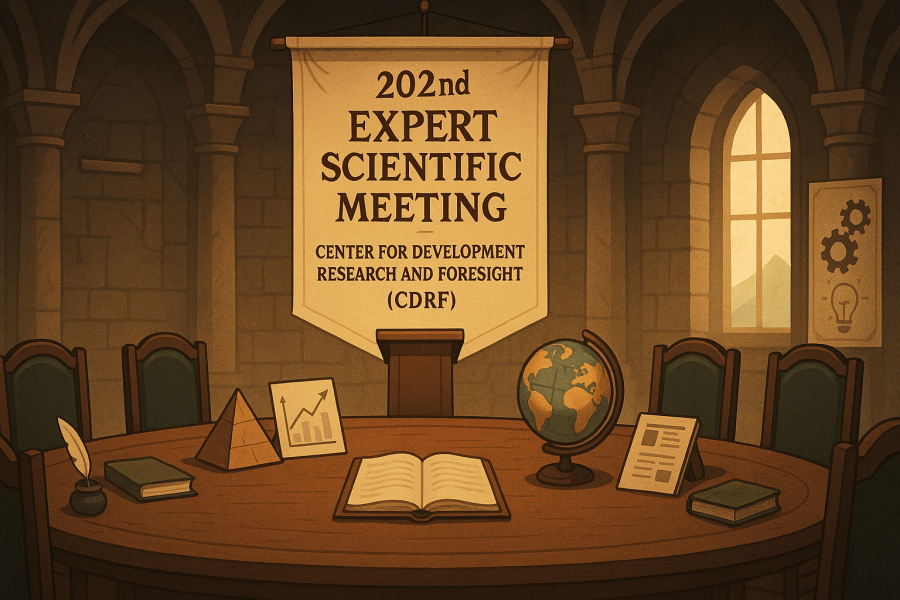
The 202nd Expert Scientific Meeting of the Center for Development Research and Foresight (CDRF) was held.
According to the Public Relations Office of the CDRF, the fifth international meeting and the 202nd expert scientific meeting of the CDRF was held under the title “The Impacts of Land Degradation and Climate Change on Iran's Economic and Social Development.” In this meeting, Mostafa Mohaghegh, Senior Coordinator of the United Nations Asian and Pacific Center for the Development of Disaster Information Management (APDIM), served as the scientific chair of the meeting. In addition, Farzam Pourasghar Sangachin, a researcher and expert in the field of environment, and Sanjay Kumar Srivastava, Chief of Disaster Risk Reduction at the United Nations Economic and Social Commission for Asia and the Pacific (ESCAP), participated as keynote speakers, presenting their viewpoints.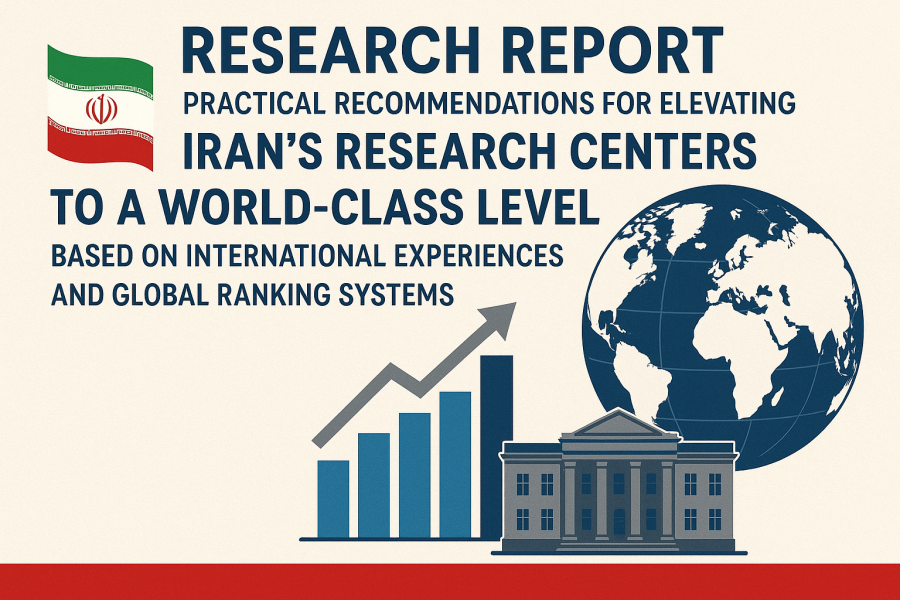
Research report on Practical Recommendations for Elevating Iran’s Research Centers to a World-Class Level Based on International Experiences and Global Ranking Systems
According to the Public Relations of the Center for Development and Foresight Research, the latest research report titled "Practical Recommendations for Elevating Iran’s Research Centers to a World-Class Level Based on International Experiences and Global Ranking Systems" has been released by the Research Group on Modern Planning, Budgeting, and Modeling..png)
The 198th Expert Scientific Meeting of the Center for Development Research and Foresight (CDRF) was held.
According to the Public Relations Office of the CDRF, the eighth session of the “Future Vision of the Islamic Republic of Iran” series and the 198th meeting of the CDRF was held under the title “Oil in Iran’s Vision.” In this meeting, Ali Agha-Mohammadi, Head of the Economic Group of the Office of the Supreme Leader and non-ex officio member of the Expediency Discernment Council of the System, served as the scientific chair of the meeting. Additionally, Asghar Ebrahimi Asl, former Deputy Minister of Oil during the ninth, tenth, and eleventh administrations, and Mohammad Reza Akbari, faculty member at the Petroleum Faculty of Amirkabir University of Technology and Head of the Governance Working Group for General Energy Policies of the Expediency Discernment Council of the System, participated as keynote speakers, presenting their viewpoints.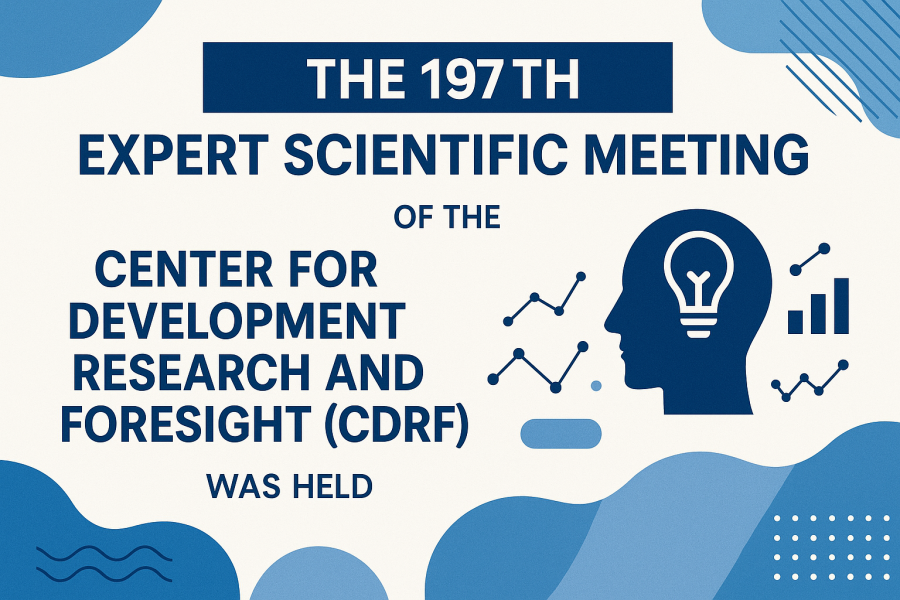
The 197th Expert Scientific Meeting of the Center for Development Research and Foresight (CDRF) was held.
According to the Public Relations Office of the CDRF, the seventh session in the series of meetings titled “The Future Vision of the Islamic Republic of Iran” and the 197th meeting of the CDRF was held under the title “The Role of Technology Development in Iran's Civil Vision.”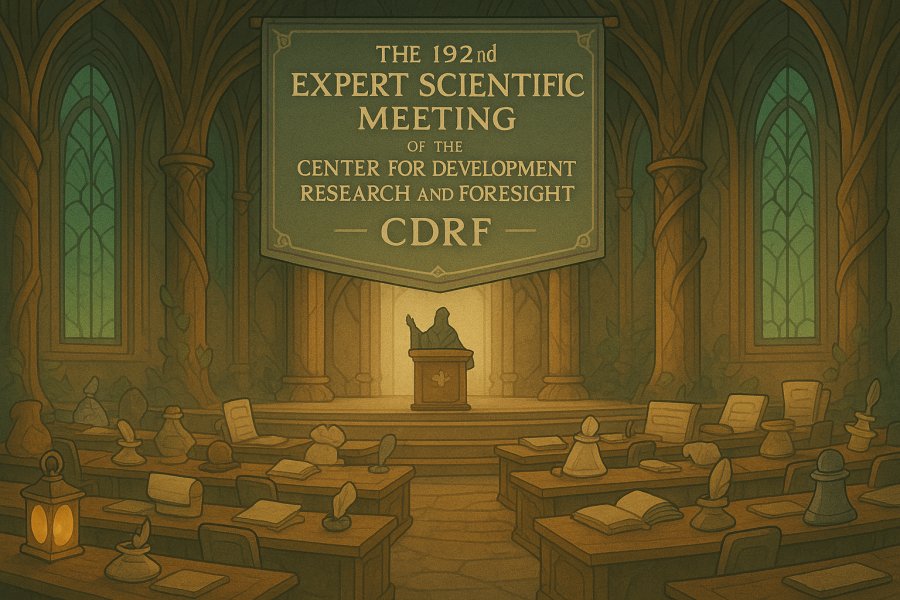
The 192nd Expert Scientific Meeting of the Center for Development Research and Foresight (CDRF) was held.
According to the Public Relations Office of the CDRF, the 192nd Expert Scientific Meeting of the CDRF was held under the title "Wildfires in the Zagros Forests: Challenges and Policy Recommendations." In this meeting, Farrokh Masjedi, Special Representative of the Head of the Plan and Budget Organization of the Islamic Republic of Iran (PBO) for the Preservation and Restoration of the Zagros Forests, served as the scientific chair of the meeting. Additionally, Mehrdad Akbarian, Representative of the Natural Resources and Watershed Management Organization, and Reza Siah Mansour, a faculty member at the Agricultural and Natural Resources Research and Education Center of Lorestan Province, participated as keynote speakers, presenting their viewpoints.
امروز : سه شنبه، ۲۸ بهمن ۱۴۰۴

